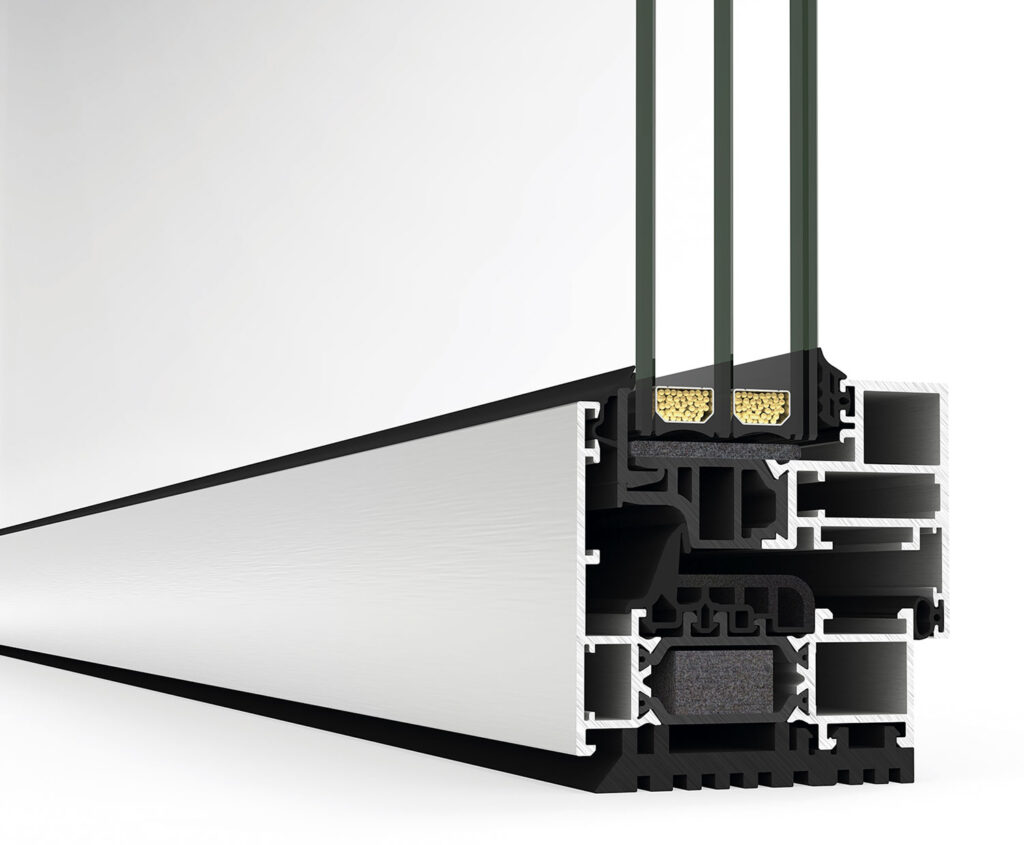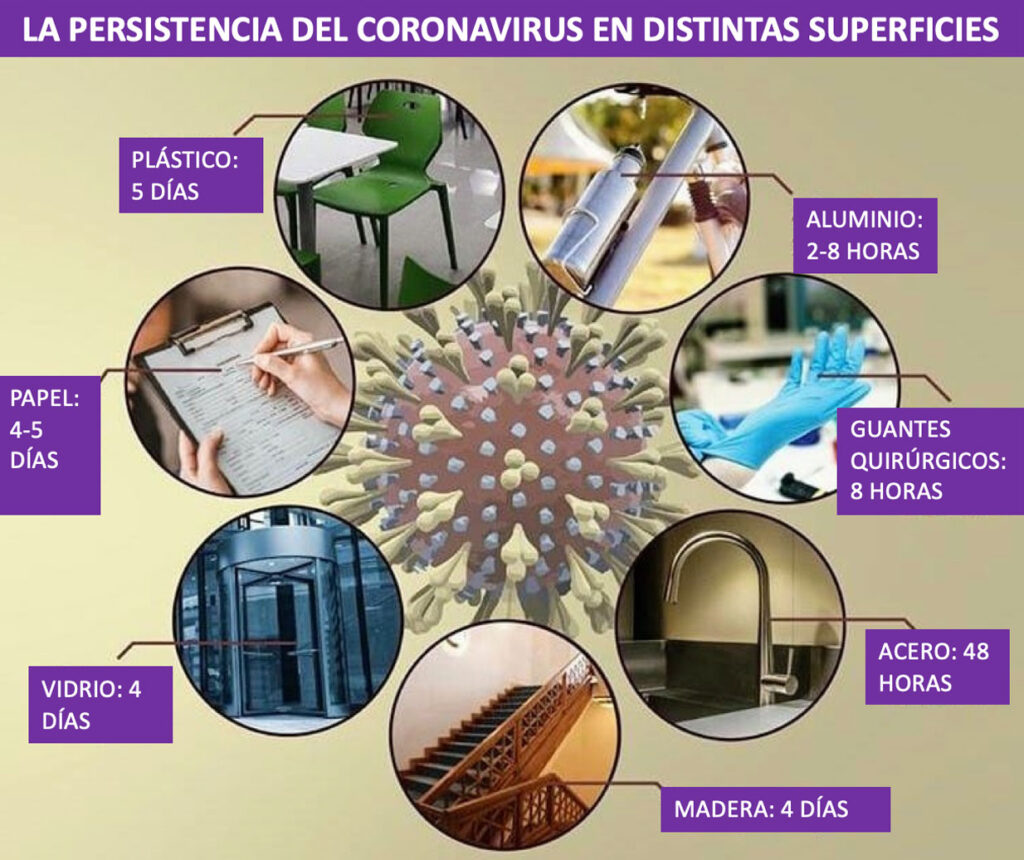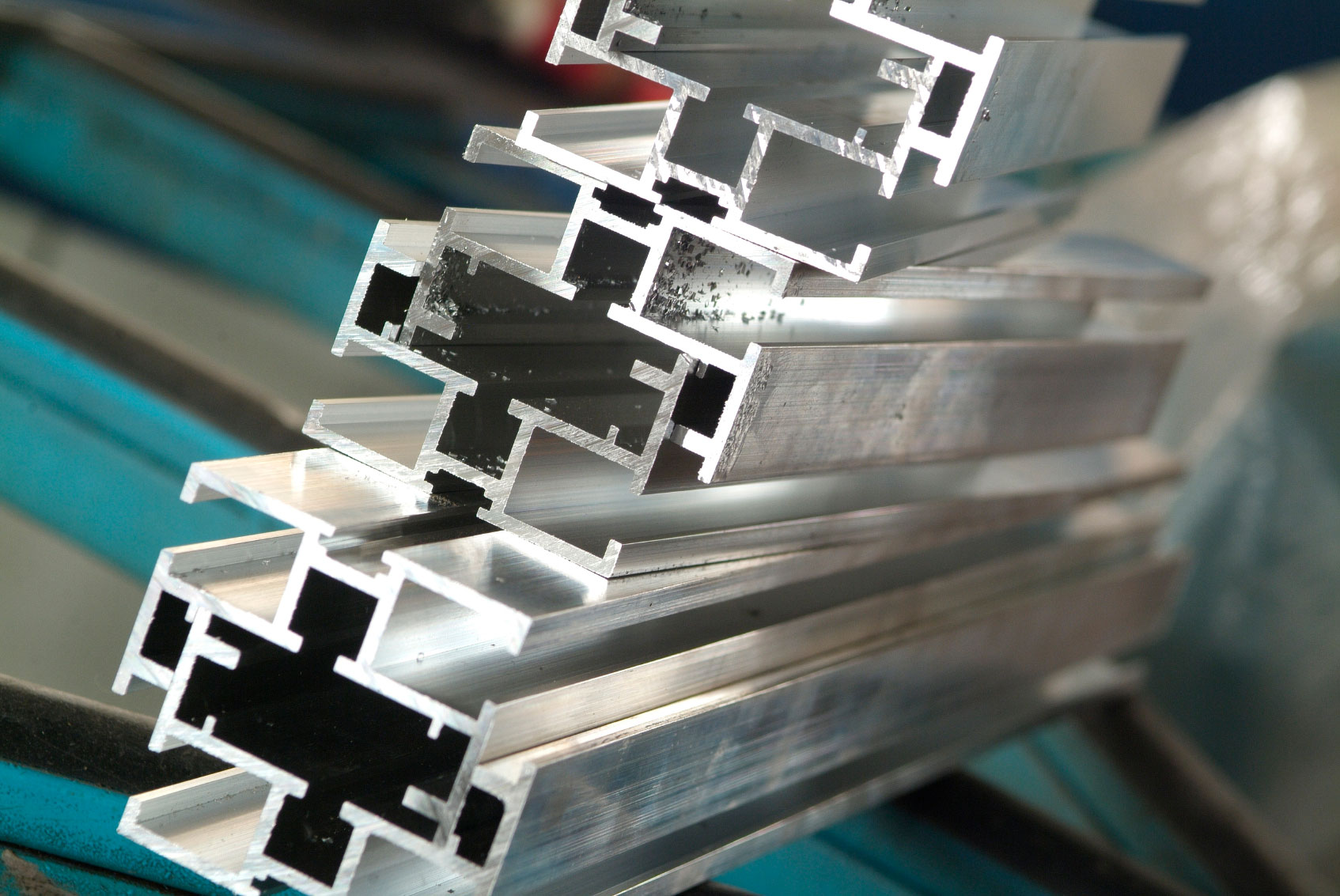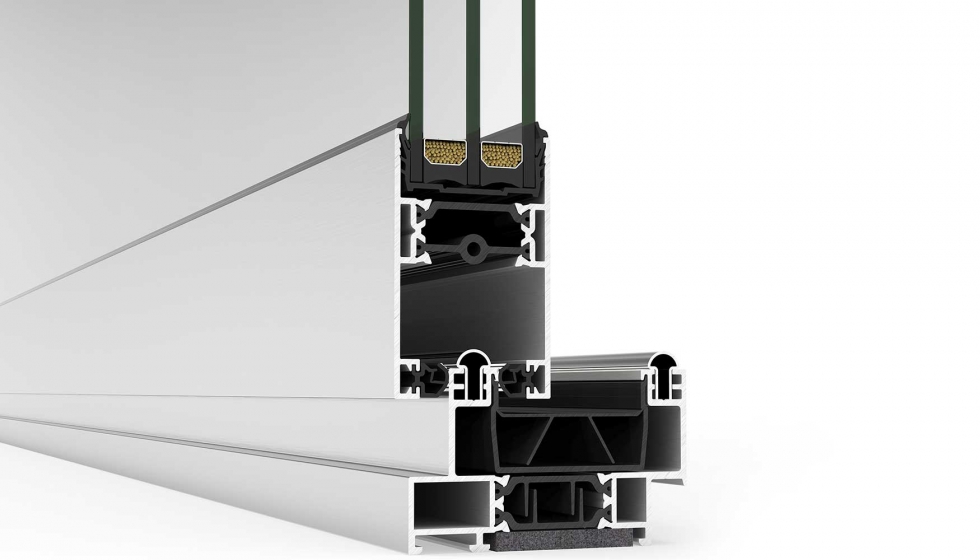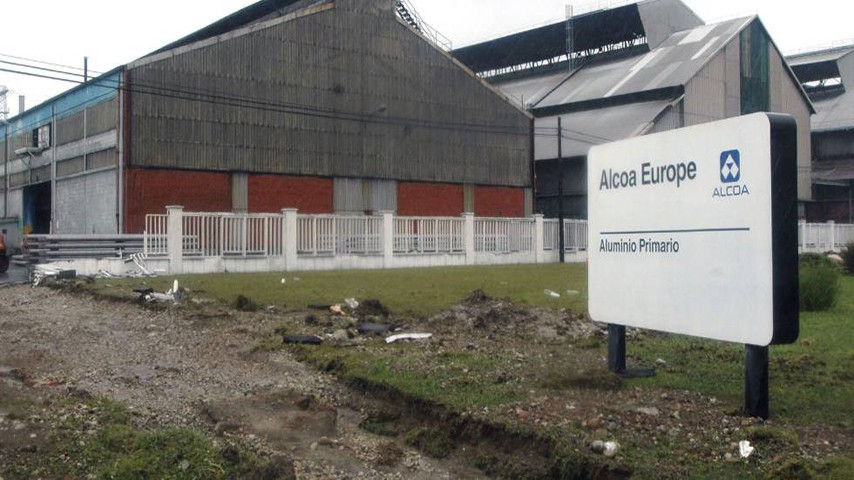CORTIZO bets on enclosure systems that combine high thermal and acoustic performance with state-of-the-art designs, factors that star in the demands of the market and its innovation strategy. For this reason, the R&D&I department of the Galician multinational continues to develop new accessories for the most demanded series with the aim of improving its manufacturing, installation and handling, but without altering the aesthetic harmony of the whole.
The Galician multinational expands its range of accessories with a closure integrated in the central knot for the COR VISION PLUS slide and with the hidden drainage system for the COR 70 Industrial series, COR 70 Hidden Sheet and COR 70 Hidden Blade C16 ST
Following this line, the padd aftermarket has just launched a hidden handle for the manual opening of the COR Vision Plus system. The new solution integrates the closure into the central knot, making it imperceptible in the front view and allowing to completely hide the lateral encounter of the inner sheet, as in the motorized version. It is a hidden closure that can be lacquered in any color, thus giving greater uniformity to the whole. With this solution, the minimalist line of this premium slide is reinforced, which also incorporated in the last year the option to fully fill the lower profile and integrate it with the finish of the floor (pavement, floor, ceramic…), thus achieving a transition without any obstacle between the interior and exterior of the house.
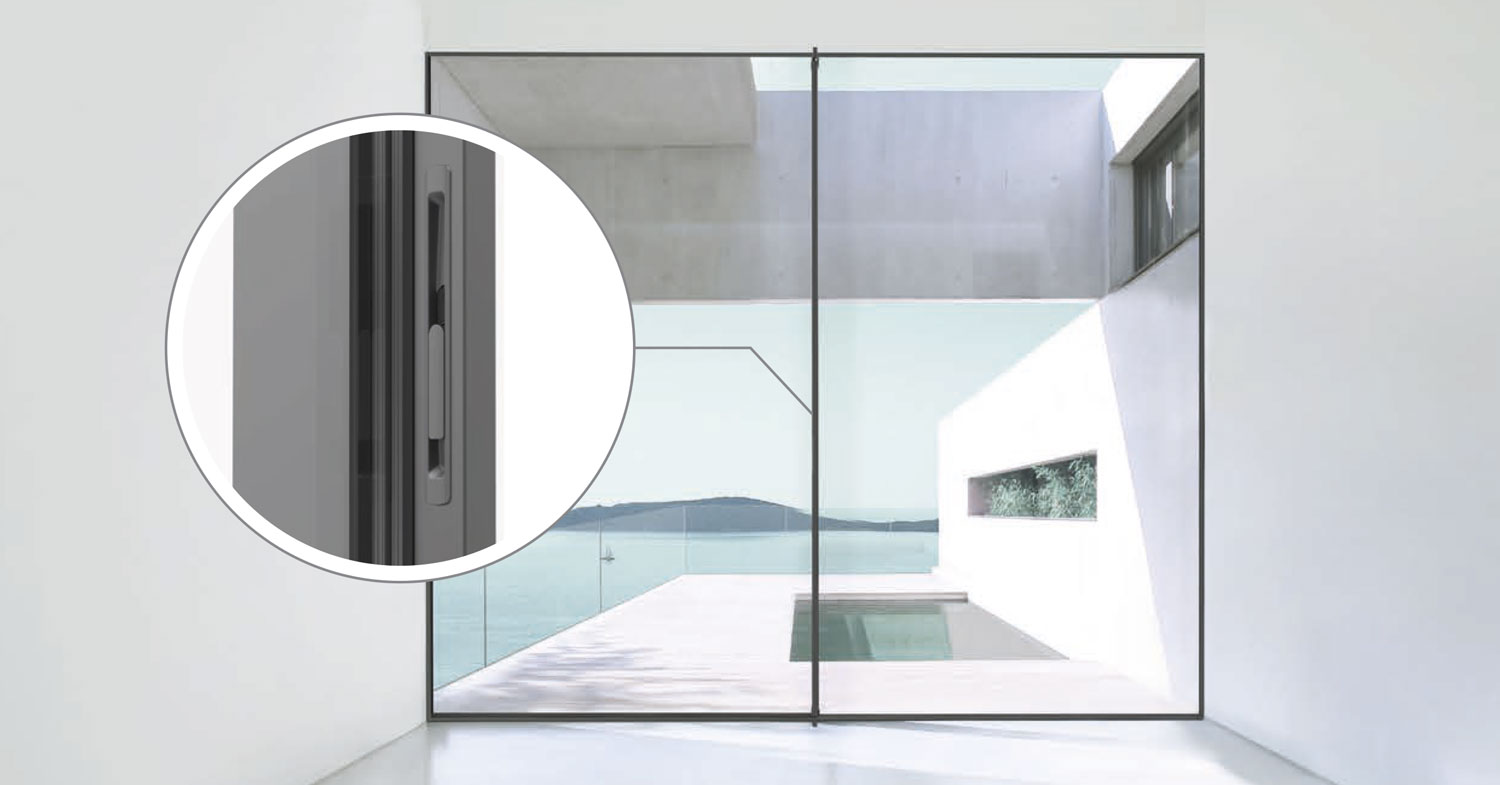
On the other hand, CORTIZO has also expanded the range of accessories for its hinged windows, developing a new hidden drainage system for the COR 70 Industrial, COR 70 Hidden Blade and COR 70 Hidden Blade C16 ST series. This solution is based on the incorporation of a new gasket at the bottom of the frame to evacuate the water, replacing the usual drainage caps placed on the front. This results in a totally clean exterior aesthetic, without any complement in the frame, at the same time that the installation of the window is facilitated, allowing to place the base of the frame on the work itself. These hinged systems also feature hardware and accessory options that minimize the visual impact on the inner side of the window. Among them, highlights the new hidden hinges of 180o, which allow the total opening of the leaves, or the new handles: Arch Invisible, imperceptible in the front view and designed for the COR 70 Hidden Sheet of European channel, and Minimalist, valid for all series hinged and based on a careful design in which the shield is dispensed to enhance the avant-garde aesthetics of these carpentry.

